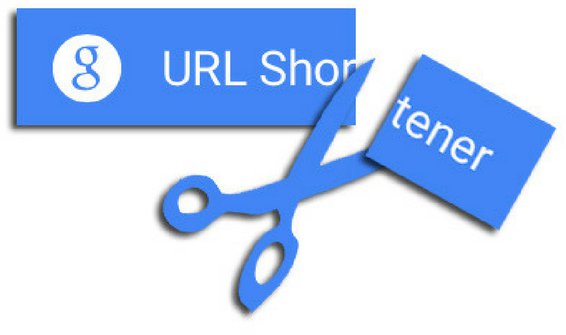In our digital world, URL Shorteners have emerged as a practical tool for sharing intricate web addresses efficiently. They've become a staple for marketers and social media managers alike. However, there's an often asked question, "Are URL Shorteners Safe?" This article will explore the intricacies of URL Shorteners, the safety concerns surrounding them, and the best practices to ensure secure usage.
The Mechanics of URL Shorteners
These tools for shortening links turn an unwieldy URL into a user-friendly, streamlined format. This transformation occurs through a process known as HTTP redirection, which sends users from the shortened URL to the original one. The variety of link-shortening tools ranges from generic options, such as those offered by Google and Bitly, to branded ones allowing customized domain names. But with these conveniences come potential security worries.

The Controversy: Safety of URL Shorteners
Compact links are perceived as a security risk due to their very nature. When a link is shortened, the destination is concealed. While the cloaked links can lead to legitimate sites, they can also potentially redirect to malicious websites, phishing attempts, or malware downloads. Unfortunately, there have been real-life cases of such misuse, increasing the safety concerns around URL shorteners.
Moreover, privacy can be compromised as these tools collect data such as click rates, geographic location, and the webpage the click originated from. This information can be valuable for businesses, but in the wrong hands, it can lead to unwanted targeted advertising or even identity theft.
Safety Measures
Despite these concerns, there are ways to ensure safety when using URL Shorteners. You can look out for red flags, such as an unfamiliar link or an unexpected link from an unknown sender. Also, using updated antivirus software and browser extensions can help protect against harmful content.
As a user, the best practice is to verify the link before clicking, using tools like CheckShortURL or Unshorten.It. As a creator, using trusted URL shortening services and informing your audience about the destination of the link can build trust and promote safe usage.
The Other Side: Benefits of Using URL Shorteners
URL Shorteners aren't just potential security hazards. When used responsibly, they offer numerous benefits. Businesses can leverage these tools for tracking and analytics. They provide data on user behavior, helping to fine-tune marketing strategies. Short links are also easier to share, improving user experience.
Additionally, compact links can positively impact SEO. When a shortened link is shared and clicked on, it can boost traffic to the webpage, sending positive signals to search engines. Best URL Shorteners further improve user trust and brand visibility, enhancing the overall effectiveness of digital marketing campaigns.
Conclusion
The use of compact links involves balancing convenience and risk. While the associated security risks are real, the benefits they offer are undeniable. The key lies in understanding both these aspects and making an informed decision. Shortenworld adhering to safety protocols and best practices, can leverage the potential of these link-shortening tools without falling prey to their inherent risks.
